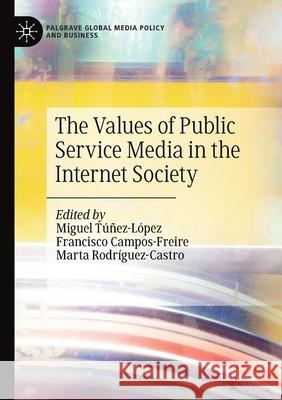The Values of Public Service Media in the Internet Society » książka
topmenu
The Values of Public Service Media in the Internet Society
ISBN-13: 9783030564681 / Angielski / Miękka / 2022 / 368 str.
The Values of Public Service Media in the Internet Society
ISBN-13: 9783030564681 / Angielski / Miękka / 2022 / 368 str.
cena 523,30
(netto: 498,38 VAT: 5%)
Najniższa cena z 30 dni: 501,19
(netto: 498,38 VAT: 5%)
Najniższa cena z 30 dni: 501,19
Termin realizacji zamówienia:
ok. 22 dni roboczych.
ok. 22 dni roboczych.
Darmowa dostawa!
Kategorie:
Kategorie BISAC:
Wydawca:
Palgrave MacMillan
Język:
Angielski
ISBN-13:
9783030564681
Rok wydania:
2022
Ilość stron:
368
Waga:
0.48 kg
Wymiary:
21.01 x 14.81 x 2.08
Oprawa:
Miękka
Wolumenów:
01
Dodatkowe informacje:
Wydanie ilustrowane











